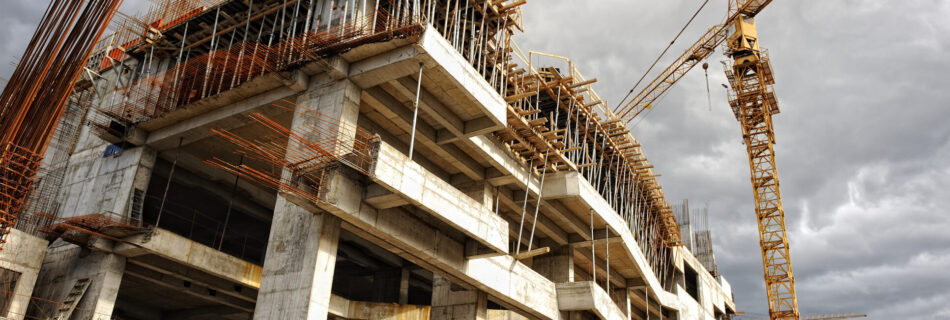Beyond Learning Styles: Enhancing Team Performance in Architecture
Are you leveraging the most effective training strategies for your engineering and architecture teams? It’s time to rethink the traditional notion of learning styles and focus on what truly works.
Recent research reveals that the popular belief in learning styles—such as “I’m a visual learner and need to see how to do it”—doesn’t necessarily lead to better learning outcomes.










